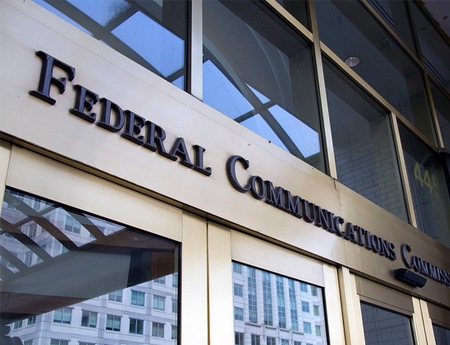Spectrum Auction (Finally) Ends; Total Take Is $19.8B
The smarter way to stay on top of the multichannel video marketplace. Sign up below.
You are now subscribed
Your newsletter sign-up was successful

A year almost to the day since broadcasters had to commit to the spectrum incentive auction, it ended today (March 30), with a new total dollar figure total: $19,768,437,378
The FCC ended the assignment phase, follow-on auction--it began March 6--which raised an added $136 million or so on top of the $19,632,506,746 total forward auction bidders paid for the spectrum.
In the assignment phase, those forward auction winners were bidding for the rights to specific frequency assignments--their winning bids in the forward auction had been for generic 10 MHz blocks of spectrum.
Related: FCC Issues Payment Guidelines for Incentive Auction Repack
Broadcasters won't see any of that extra assignment auction money, since their payout was fixed at $10,054,676,822, so the additional money from the assignment phase goes to the treasury for deficit reduction.
“Today’s conclusion of the assignment phase formally brings all bidding activity in this multi-phase auction to a close," said Gary Epstein, chair of the FCC's Incentive Auction Task Force. "The incentive auction has required unprecedented commitment from bidders as well as Commission staff, who from the moment that broadcasters made their initial commitments to the final bids processed this afternoon have worked each day to assist bidders and ensure a fair and successful auction. We are excited to share the results of the reverse and forward auctions and extensive information about the post-auction transition in the next few weeks.”
That is when the FCC will announce which stations and forward auction bidders got what and start the clock on the 39-month repack of TV stations and turning over the licenses for the reclaimed broadcast spectrum—84 MHz minus 14 MHz for unlicensed wireless—to those forward auction bidders.
The day after the mid-April release of the Auction Closing and Channel Reassignment Public Notice, which will identify the winning TV station bidders, the FCCwill release "complete forward auction round-by-round results, including bidder identities."
The smarter way to stay on top of the multichannel video marketplace. Sign up below.
The auction actually had a series of ends. The reverse portion of the auction ended Jan. 13 at that $10 billion broadcaster closing price. The forward portion ended Feb. 10 with that $19.6 billion.
The assignment-phase auction could have brought in even more money if the FCC actually paid what the highest bidder asked, but that auction was what is called a second-price, or Vickrey, auction, in which the winning bidder only has to pay what the second-highest bidder offered. If no one else is bidding on that particular assignment, the second price would be zero, so that bidder would get the frequency assignment without having to pay anything.
Such an auction is a way to get at the true value of the assignment--bidders have already paid for the product, which is the spectrum--with bidders free to bid the real maximum value of the spectrum to them rather than try to guess what the value is to others and bid slightly higher. So, the goal of the assignment phase auction was not to raise as much more money as possible but to assign frequencies in an equitable way.
The FCC said that approach would "simplify bidding strategies for bidders by giving them an incentive to bid what they consider to be full value for the assignment: If the assignment is selected, they will pay no more than would have been necessary to ensure that the assignment won."
Contributing editor John Eggerton has been an editor and/or writer on media regulation, legislation and policy for over four decades, including covering the FCC, FTC, Congress, the major media trade associations, and the federal courts. In addition to Multichannel News and Broadcasting + Cable, his work has appeared in Radio World, TV Technology, TV Fax, This Week in Consumer Electronics, Variety and the Encyclopedia Britannica.

